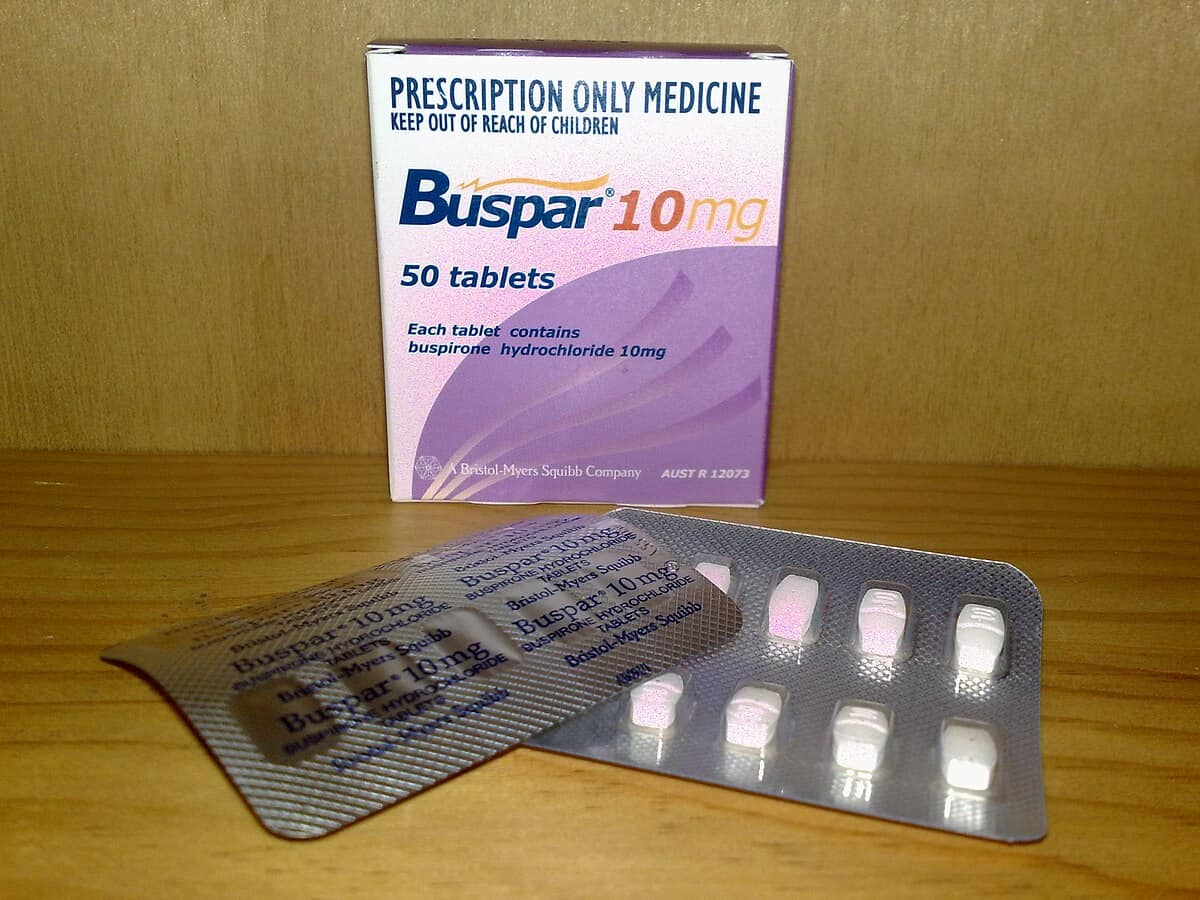Buy Doxycycline for Dogs Safely Without Vet Prescription. When your furry friend falls ill, it’s only natural to want to help them feel better as quickly as possible. Antibiotics, like doxycycline, are often prescribed to treat various infections in dogs. But what if you need doxycycline for your dog and don’t have a prescription? In this article, we’ll explore the ins and outs of buying doxycycline for dogs without a vet prescription. We’ll delve into legal considerations, potential risks, and alternative solutions to ensure your pet receives the care they need.
Doxycycline is a type of antibiotic that falls under the tetracycline class. It’s often used to treat a variety of bacterial infections in dogs, including respiratory infections, urinary tract infections, and tick-borne diseases like Lyme disease. As with any medication, it’s crucial to understand how doxycycline works and why it might be prescribed for your pet.
Doxycycline works by inhibiting the growth and reproduction of bacteria. It accomplishes this by preventing bacteria from producing proteins essential for their survival. This action helps the body’s immune system fight off the infection more effectively. By targeting the bacteria’s ability to grow, doxycycline ensures that the infection is curtailed, allowing the dog’s natural defenses to eliminate the remaining bacteria.
Doxycycline’s mechanism of action underscores the importance of a complete course of treatment. By ensuring that the bacteria cannot reproduce, it reduces the risk of the infection returning. This highlights why it is vital to adhere to the prescribed dosage and duration, even if the dog appears to be recovering.
Doxycycline is commonly used to treat a range of infections in dogs. Respiratory infections, which can often be severe, are one of the primary conditions treated with doxycycline. The antibiotic helps clear up these infections, ensuring that your dog can breathe easily and recover quickly.
Skin infections are another area where doxycycline is often employed. These infections can arise from various causes, including bites, wounds, or underlying health conditions. Doxycycline helps reduce the bacterial load, promoting faster healing and reducing the risk of complications.
Tick-borne diseases, such as Lyme disease and Rocky Mountain spotted fever, are also commonly treated with doxycycline. These diseases can have serious health implications if left untreated, so timely administration of doxycycline can be crucial. By addressing these infections promptly, doxycycline helps prevent the progression of the disease and supports the dog’s overall well-being.

Legal Considerations of Buying Doxycycline Without a Prescription
In many countries, including the United States and the United Kingdom, antibiotics like doxycycline require a veterinary prescription. This is because inappropriate use of antibiotics can lead to antibiotic resistance, making infections harder to treat over time. Buying doxycycline without a prescription can be illegal and may pose risks to your pet’s health.
Why Are Prescriptions Required?
Prescriptions are essential to ensure that medications are used safely and appropriately. A veterinarian can properly diagnose your pet’s condition and determine the correct dosage and duration of treatment. They also consider potential side effects and interactions with other medications your dog may be taking. This comprehensive approach minimizes risks and maximizes the chances of successful treatment.
Moreover, prescriptions ensure that antibiotics are used only when necessary. By evaluating your dog’s condition, a veterinarian can determine if an antibiotic is required or if another treatment option is more suitable. This helps combat the growing issue of antibiotic resistance, which is a significant concern in both human and veterinary medicine.
Risks of Non-Prescription Antibiotics
Purchasing antibiotics without a prescription can lead to several issues. Incorrect dosage is a common problem, as giving the wrong dose can be ineffective or harmful. Without professional guidance, it’s easy to misjudge the amount needed, leading to either insufficient treatment or potential toxicity.
Improper use is another risk. Using antibiotics for a non-bacterial infection won’t help and could cause side effects. This misuse not only fails to address the underlying problem but also exposes your dog to unnecessary medication risks.
Antibiotic resistance is a critical concern when antibiotics are overused or misused. Resistant bacteria become harder to treat, posing serious health threats. By using antibiotics responsibly and under veterinary guidance, we can help preserve their effectiveness for future needs.
Alternatives to Buying Doxycycline Without a Prescription
If you suspect your dog needs doxycycline, it’s best to consult a veterinarian. However, if you find yourself in a situation where a vet visit isn’t immediately possible, consider the following alternatives:
Telemedicine Services
With advancements in technology, telemedicine has become a viable option for pet owners. Many veterinarians offer virtual consultations, where they can assess your dog’s condition and prescribe medications if necessary. This can be a convenient option if you’re unable to visit a vet in person.
Telemedicine allows for timely medical advice and can be especially useful in emergencies or when traveling. Through video calls or messaging, veterinarians can provide guidance, ensuring that your pet receives the appropriate care. This service bridges the gap between in-person visits and immediate medical needs, offering peace of mind to pet owners.
Over-the-Counter Pet Medications
Some conditions can be managed with over-the-counter (OTC) pet medications. However, it’s important to note that OTC medications are not a substitute for prescription antibiotics. Speak with a vet to determine if an OTC option is suitable for your pet’s condition.
OTC medications can be helpful for minor issues or as a temporary measure until a veterinary visit is possible. They can provide relief for symptoms such as mild discomfort or itching. Nevertheless, it’s crucial to use these products judiciously and consult a professional to ensure they are appropriate for your pet’s specific situation.
Home Care and Monitoring
In cases where immediate veterinary attention isn’t possible, home care can play a vital role. Monitoring your pet’s symptoms and providing supportive care, such as ensuring they stay hydrated and comfortable, can aid in their recovery. Keeping a close eye on their condition helps detect any worsening symptoms promptly.
However, it’s important to remember that home care is not a substitute for professional veterinary treatment. While it can help manage symptoms temporarily, seeking expert advice remains essential. Always prioritize a vet consultation to ensure your pet receives the best care possible.
Tips for Responsible Pet Medication Use
Regardless of how you obtain doxycycline or any other medication for your dog, responsible use is crucial. Here are some tips to ensure your pet’s safety:
Follow Dosage Instructions
Always adhere to the prescribed dosage and duration of treatment. Stopping antibiotics early, even if your pet seems better, can lead to a recurrence of the infection or antibiotic resistance. Completing the full course ensures that all bacteria are eliminated, preventing the infection from returning.
If you have any doubts about the dosage or administration, consult your veterinarian for clarification. They can provide guidance on how to administer the medication correctly, ensuring that your pet receives the full benefit of the treatment.
Monitor for Side Effects
Keep an eye on your dog for any unusual symptoms or reactions to the medication. Common side effects of doxycycline include nausea, vomiting, and diarrhea. Contact your vet if you notice any concerning signs.
Being vigilant about side effects allows for prompt intervention if needed. Some side effects may be mild and resolve on their own, while others may require adjustments to the treatment plan. Your veterinarian can offer advice on managing side effects and ensuring your pet’s comfort.
Avoid Sharing Medications
Never share medications prescribed for one pet with another, even if the symptoms appear similar. Each pet’s health needs are unique, and sharing medications can be dangerous. Different animals may require different dosages or formulations, and what works for one pet may not be suitable for another.
Consult your veterinarian before giving any medication to a different pet. They can provide guidance on appropriate treatments and help avoid potential complications.

Conclusion
While the idea of obtaining doxycycline for dogs without a vet prescription might seem appealing, it’s important to prioritize your pet’s health and safety. Veterinary guidance ensures that antibiotics are used correctly, reducing the risk of complications and promoting effective treatment. Explore alternative solutions like telemedicine or OTC options when a vet visit isn’t possible, and always use pet medications responsibly. By doing so, you’ll help keep your furry companion healthy and happy.
In summary, while there are ways to acquire doxycycline without a prescription, it’s always best to consult a professional. Your dog’s health is worth the effort and ensures they receive the best possible care. Taking the time to seek veterinary guidance not only protects your pet but also contributes to the broader fight against antibiotic resistance, safeguarding these vital medications for the future.



